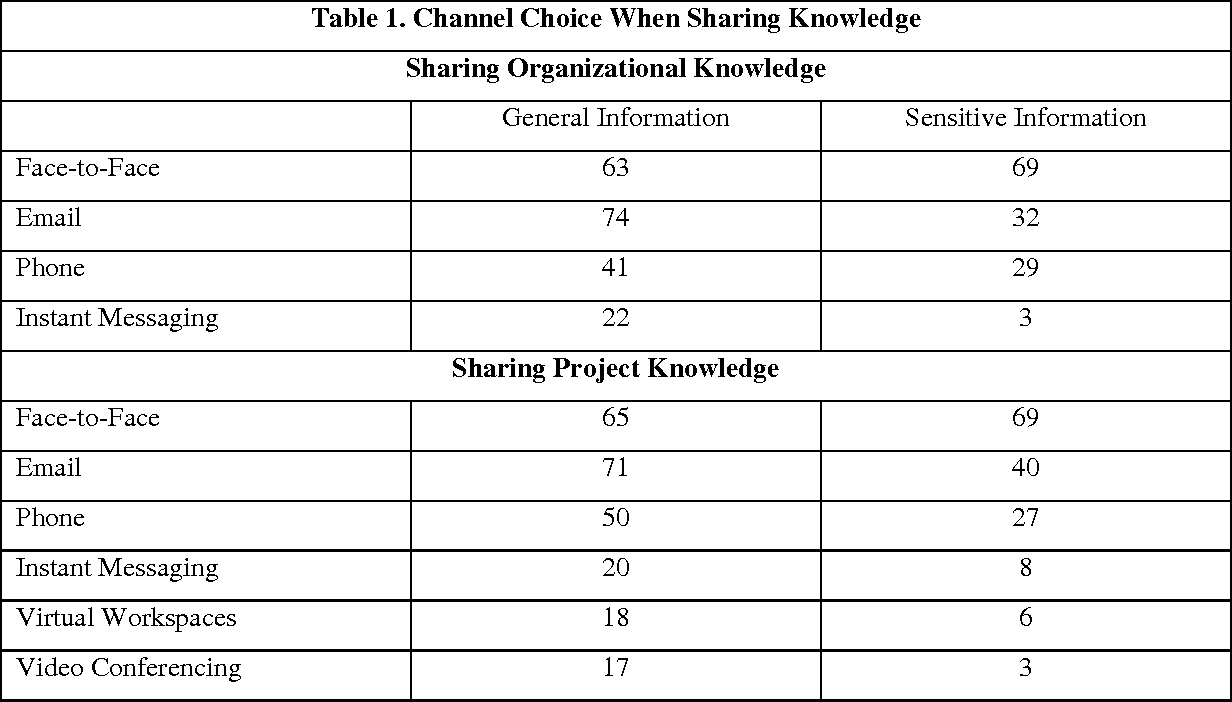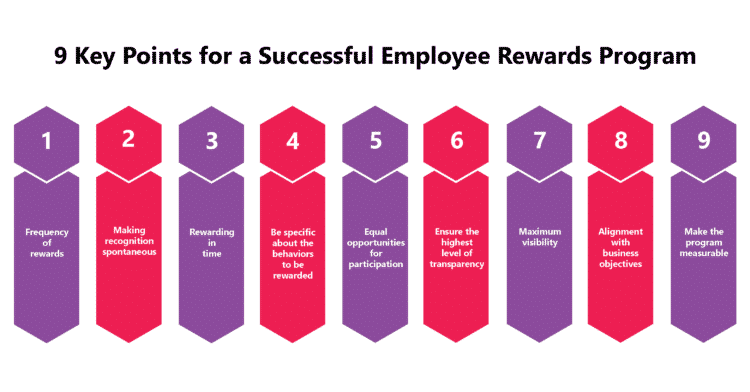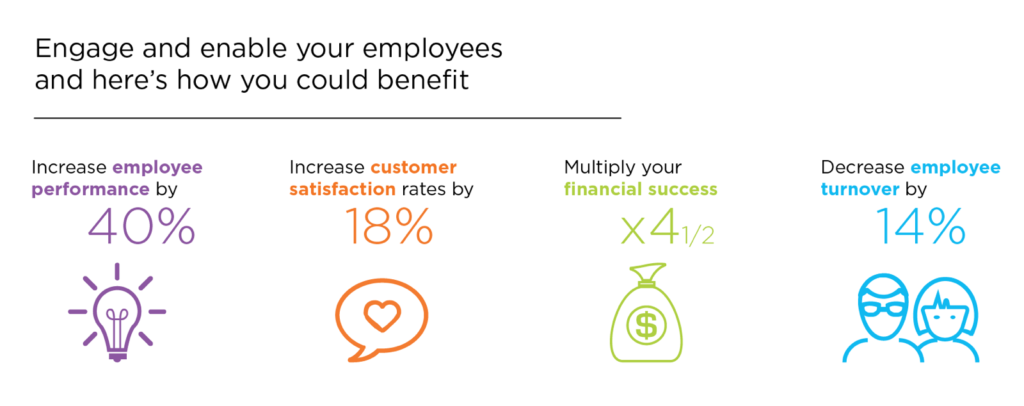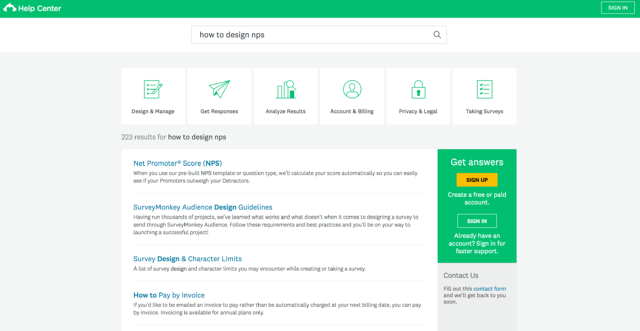Are you interested in boosting the performance of your team members? Then you should arm them with relevant knowledge. Team members have the potential to perform highly, if they have the right knowledge.
To become armed is to learn. Learning requires a source. Sometimes, that source can be other team members. This is where the concept of knowledge sharing comes into the mix.
Often, team members find themselves tackling problems and coming up with brilliantly creative solutions. What happens when another team member faces the same problem? Well, you’d probably like to say that the previous team member communicates how the resolution came about the last time the challenge reared its head.
Idealistically, that’s the way it should go. The question is what happens when the team member with the knowledge doesn’t even know that someone else could use some valuable insights? Worse yet, what if that problem happened so long ago that this team member has now forgotten essential pieces of or the complete solution?
With all these talking points and questions, several things have come to the fore. So, here’s a quick recap.
Knowledge is incredibly important. It is the foundation upon which problems are solved. It’s highly convenient for one team member to get problem-solving insights from another who may have experienced a similar challenge before. Having this discourse requires some very specific circumstances.
We have established a challenge. How do we ensure that knowledge sharing is consistent and doesn’t necessarily depend on the right person being in the right place at the right time?
Well, that is where knowledge base software comes into the mix. Here’s a look at how you can encourage your team members to capitalize on knowledge base tools and build a culture of knowledge sharing.
1. Create Different Channels and Forms of Knowledge Sharing
Your goal is to create a culture where there is a desire to share knowledge as opposed to a mandate. To do that, you need to begin to ingrain it into your workflow by appealing to people where they are most comfortable.
Ultimately, you do want a centralized knowledge base for formal documentation of operational procedures, steps, and the like. However, not everything falls under that category, and you can use this to your advantage to begin to get information flowing.
Consider some of the different channels that may be available. You may have a custom knowledge base tool, maybe a generic company internal wiki, a group instant messenger tool, etc.
Starting with instant messenger, you can encourage the sharing of simple information about relevant industry news or fun insights. Alternatively, you can create a culture where questions are often posed to the team.
These questions can be the initial driver of knowledge sharing, which may spark discussion. Assuming that the conversations are healthily managed, they can slowly become the norm.
Your internal company wiki or knowledge management software can be along the more formal side of the fence. However, it must be accessible, or everyone is going to end up turned off. So, what do you do?
Indexing is a good idea. Perhaps if you were to ensure key terms were in each posting that would increase the searchability, then you may find that the tool ends up seeing greater patronage.
The point here is that you want to consider different communication methods and potential knowledge sharing tools, and aim to make them all part of a complete strategy. Of course, you need to ensure that the team knows what may be appropriate where.
2. Give Rewards
Having the channels and trying to influence people with words is often not enough. However, humans respond to incentives quite well. Even children have the awareness to increase effort whenever appropriate rewards are linked to the task.
Note the use of the term “appropriate.” One idea may be a monthly price of movie tickets or even a grocery voucher for the person who has made the most posts in the knowledge base.
Not only does that mean your team wiki sees greater traction and can provide greater insights, but it also means the team is conditioned to keep the trend going competitively.
Another idea is to implement a potentially long-running point system. So, if your base of knowledge or corporate wiki has an upvoting system, people can highlight where information in a post helped them successfully. If so, a certain number of points can be allocated to the poster.
You can then decide the value of these points, how they are meant to be redeemed, and what the rewards may be. The main takeaway here is to create relevant incentives as a driver of change.
3. Start a Forum
Starting a forum is another outstanding idea that you may want to consider. How many times have you googled something and ended up finding your answer on a forum?
You may immediately get a bit thrown off here, as you wonder if creating a staff forum is going to take away from your company’s internal wiki or other knowledge base tool.
It doesn’t have to if used correctly. What if the idea behind the forum is to reinforce the knowledge management software? Imagine that someone does not understand how to do a Google search for a second. After being directed to the knowledge base, the person finds a document outlining it.
However, the verbiage in step three is not so clear. That team member could hop into the forum, indicate the points of confusion, and request assistance. Team members could then respond to enhance what may be present in the current documentation.
Of course, one of the benefits is that in using the forum this way, you may find that it becomes that much easier to sharpen or fine-tune the knowledge base a bit more.
4. Invest in Efficient Knowledge Management Tools
We are living in the information age, and there is quite a lot of it to go around. For a long time, it’s been said that no one knows everything. These days, the truth in that statement only continues to increase.
The problem with many knowledge base software options on the market is that they quickly become cumbersome and less accessible. Why does Google, Bing, or your favorite search engine work so well?
It’s because results are relevant to whatever you search for. Even if you don’t accurately type the search term, you can still end up in the right place. Some people search for music by putting in the lyrics they remember, and they end up finding the whole song.
This is what you want to see out of a knowledge management solution. It shouldn’t just be searching by topic. Search terms should be able to trigger the entire body of text. Additionally, implementing revisions and updating documentation articles should not be a chore to do.
Even with searching out of the mix, cataloging and categorization need to be effective. Finally, you know how your team works. Whatever solution is identified needs to slot into the workflow of the team seamlessly.
This doesn’t mean that no training is going to be necessary, but you want a knowledge management system that you can structure your existing flow around, instead of having to reinvent the way the unit works to fit it.
5. Always Provide Good Content and News to Engage Employees
Even with the best knowledge management system in the world, a lack of sufficient updating throws it off. Engaging your employees is key. The team needs to know and see that the information is consistently being updated and new knowledge base articles and topics are consistently being added.
Perhaps you can even introduce games that require information from the knowledge base to play. As indicated before, why not throw in a couple of rewards too? If you can find a knowledge management system with a news component, that should also be a big win for your team.
Stories can be posted about internal or external events designed to captivate readers with email integration.
Additionally, there is nothing wrong with having notifications for new knowledge base entries too! The point is you must capitalize on the software completely and consistently for it to work.
Conclusion
Certainly, once knowledge is flowing effectively, the problem-solving and solution output you see from your team can exponentially improve. However, for this to happen, you must foster a culture that rewards sharing knowledge directly until team members become more greatly motivated to enjoy the long-term reward of learning.
Even after that happens though, it’s essential to maintain engagement by appealing to team members where they are most comfortable. Both monetary and time investments are going to be required if you want to pull off a system, such as Slack wiki apps.
It requires all hands on deck as even the best systems fall flat without adequate support.
Don’t have a knowledge base for your team yet? Create with Klutch today for free!








